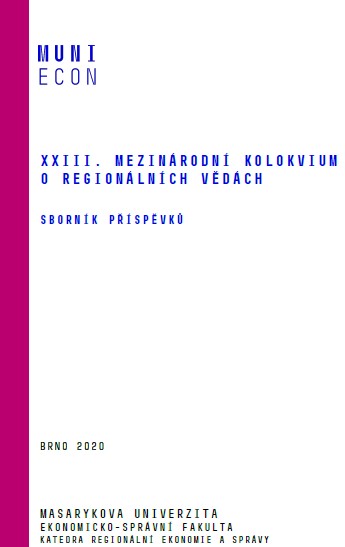KULTÚRNE DEDIČSTVO – EKONOMICKÝ ZDROJ ROZVOJA TURIZMU, ČI ODRAZ KULTÚRNEJ IDENTITY?
CULTURAL HERITAGE – AN ECONOMIC SOURCE OF TOURISM DEVELOPMENT OR CULTURAL IDENTITY REFLECTION?
Author(s): Zdena Krišková
Subject(s): Cultural history, Economic development, Tourism, Identity of Collectives
Published by: Masarykova univerzita nakladatelství
Keywords: cultural heritage; the High Tatras; tourism; identity;
Summary/Abstract: The paper focuses on the issue of cultural heritage and tourism in the area of the High Tatras that are located in the Spiš region – one of the most significant historical and cultural centres of Slovakia. The study points out the aspects of presenting to the visitors the traditional cultural values of this region that are in socio-cultural and economic contexts. Moreover, we monitor the adequate forms of interpretation of those values in the present conditions of tourism. We aim at the usage of socio-cultural capital of the city in the perspective of sustainable development in the European area. The contribution copes with the long term ethnological field research, which is, predominantly, the basis for the synthesis of the results, and that is completed with the bibliography sources. The main intention of the origin of villages in the Tatra region (spas and tourism), ethnic and social reference of their founders are the essential factors for our conclusions. Those factors have conditioned and influenced many cultural specificities of the inhabitants concerning their identity and cultural roots. This phenomenon is the important determinant of the values of cultural heritage exchange, mainly towards the external visitors of the High Tatras.,
Book: XXIII. mezinárodní kolokvium o regionálních vědách: Sborník příspěvků
- Page Range: 362-369
- Page Count: 8
- Publication Year: 2020
- Language: Slovak
- Content File-PDF

